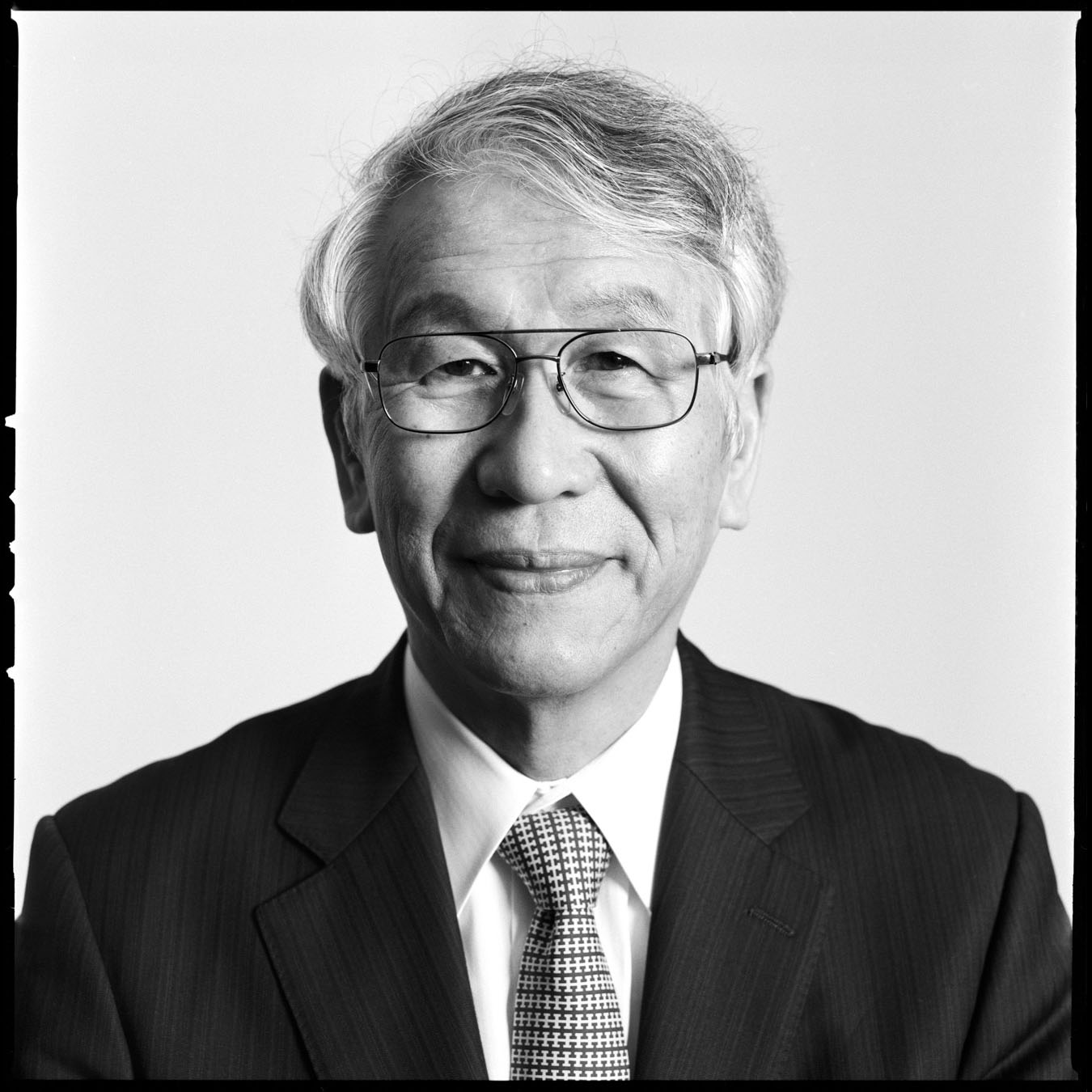Atsuto Suzuki and the KamLAND Collaboration
Iwate Prefectural University
2016 Breakthrough Prize in Fundamental Physics
For the fundamental discovery and exploration of neutrino oscillations, revealing a new frontier beyond, and possibly far beyond, the Standard Model of particle physics.
The Science
Sixty-five billion neutrinos pass through every square centimeter of your body every second, but since they are invisible and pass right through the Earth with scarcely any impacts, they are very hard to detect and study. Atsuto Suzuki and the KamLAND experiment in Japan confirmed that neutrinos produced by nuclear reactors “oscillate”, or spontaneously transform into different types. This has major implications for our understanding of the Standard Model of particle physics and perhaps the origin of the Universe.
Comments
Taking advantage of this good opportunity, I sincerely thank Masatoshi Koshiba, the 2002 Nobel Laureate in Physics. His invitation to join the Kamiokande group at the University of Tokyo in 1982 empowered my research activity. I was able to invest lots of effort in developing the 20-inch photomultiplier, in improving the neutrino detection sensitivity for Kamiokande, and in designing/constructing the Kamiokande and Super Kamiokande detectors. All these experiences led me to propose and promote a new neutrino experiment, called KamLAND, which was optimized for detecting anti-neutrinos, replacing the Kamiokande detector. I gratefully acknowledge my colleagues at Kamiokande, Super Kamiokande and KamLAND for encouraging me to chase neutrinos. I also would like to thank the local residents for supporting and hosting us through three generations of neutrino projects at Kamioka.
